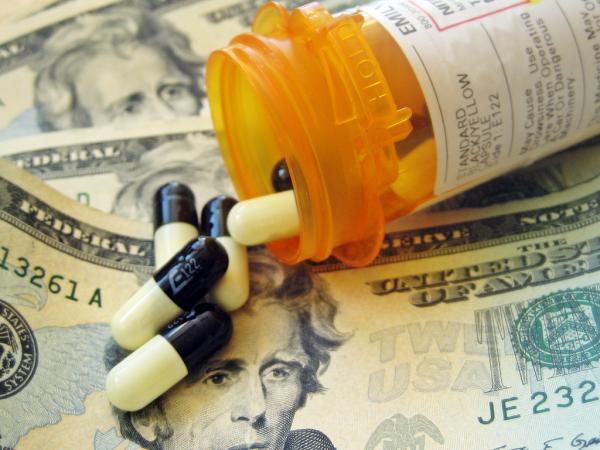Medicare and Medicaid cannot negotiate the cost of drugs – meaning they have to pay whatever a pharmaceutical company charges for their drugs. This means that the potential for getting fleeced can be pretty high, including on the generic drugs which the public believes are cheaper. Some companies have been re-branding cheap medications that have been around for a while and then hiking up the price. These sudden, sharp spikes in drug prices have led to a special Senate committee that deals with just this issue.
Researchers from Oregon Health and Science University and School of Medicine analyzed one rather obscure drug, adrenocorticotropin, ACTH for short. The investigators published their findings in JAMA Internal Medicine, and say that Medicare spent more than $1 billion over a five-year period on the drug even though it is not proven to be more effective than corticosteroids (which is tens of thousands of dollars cheaper) for a collection of inflammatory conditions.
ACTH is a hormone produced in the pituitary gland that prompts the adrenal gland to release cortisol – a hormone produced in times of stress. It has several different physiologic functions in our bodies. The trade name for ACTH is H.P. Acthar Gel, or simply Acthar. It is being marketed for the treatment of infantile spasms, multiple sclerosis, allergy/asthma, adrenal gland problems, blood problems (but does not specify what exactly), swelling problems, and skin rashes.
According to the paper, in 2015 alone, Medicare spent $500 million, or $36,000 per course of therapy. It is prescribed most aggressively by a handful of doctors in three medical subspecialties - rheumatology, neurology and nephrology, yet the data supporting its use in adult medicine is weak. There are no solid medical circumstances that warrant its current or continued use.
“The drug has an interesting back story,” said Dan Hartung, lead author of the paper. “It’s a fairly old drug, first approved in 1952, prior to many of the FDA rules about clinical efficacy. The bar for what constitutes approved indications was much different then, much lower; it has many indications that came before the current rules were set in stone in the 1960s.”
When the drug was acquired by Questcor in 2001, the price went from $1,650 to $24,000. When it changed hands from Questcor to Mallinckrodt in 2014 the price tag jumped again, to $34,034, resulting in a whopping total of $1.3 billion that Medicare had to foot. The cost of the drug cannot be explained away with typical reasons for exorbitant drug prices on new products – high cost of research and development and life-saving properties – this drug has neither.
In an editorial piece published in the same journal issue, Saate Shakil M.D. and Rita F. Redberg, M.D., MSc comment, "The lack of high-quality evidence supporting Acthar gel's benefit in a variety of conditions, along with the unconscionable price increase by the manufacturer, should give pause to all practitioners."
Dr. Hartung states, "From the payer side, there’s really little that justifies this drug and its exorbitant cost over much cheaper alternatives.”




